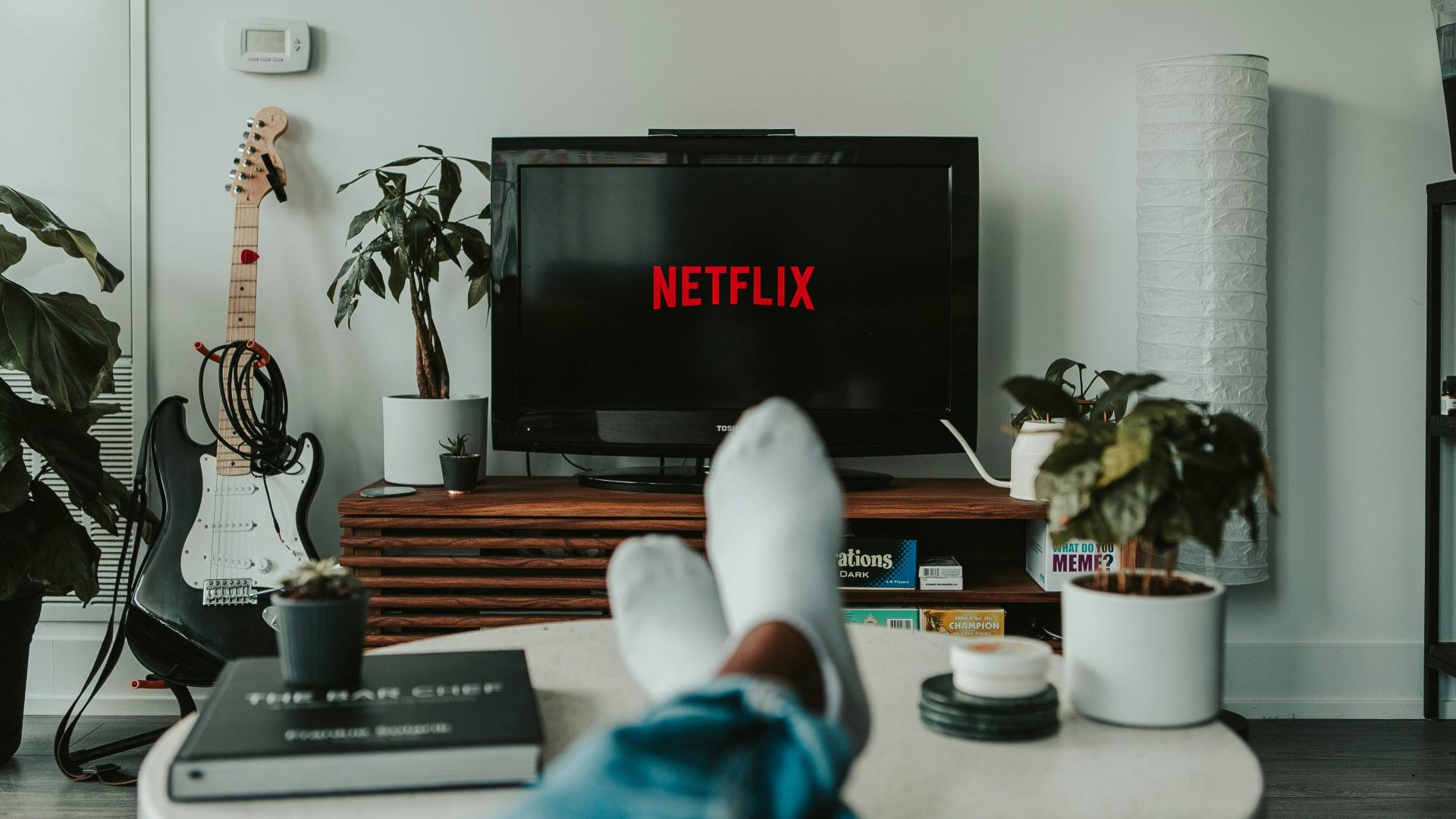
More and more people now rely on using a VPN for their Netflix streaming needs, and it’s not hard to see why. Netflix VPNs provide a range of advantages which make them extremely attractive if you’re a big streaming fan. For one thing they can make buffering and stuttering video a thing of the past, which already a huge plus, but there’s even more than this.
Using a VPN lets you choose a different geographic region to log into Netflix, which is perfect if you want to catch a show or movie which has not been released in your country yet. Good quality VPNs often also help to improve performance, especially if you’re accessing the Internet over a substandard connection. By routing your link via a different country, you can avoid the slow speeds of degraded hubs.
With this being said, using a VPN can also seriously disrupt your streaming sessions. Read on to discover why.
How could your VPN be affecting Netflix?
There are three main ways that your VPN could be impacting your Netflix experience. In each case, the problem can usually be solved by switching your VPN provider to a better quality service.
Netflix has detected you're using a VPN
The Netflix terms of service specifically mention the use of VPN technology when watching content. It’s not completely prohibited, but the company states that if it detects that you’re using a VPN it ‘will only show you TV shows and movies we have worldwide rights for…’.
The company then specifically states that using a VPN while watching on the ad supported plan or live action events is not allowed, so it pays to make sure you’re not caught breaching those terms.
The best way to avoid being in breach, or being unable to access the Netflix shows you want, is to invest in a subscription to a premium quality VPN with a high level of obfuscation. In this way you’ll avoid being detected, and so be free to access what you want, when you want.
You're connected to an overloaded server
All VPN services work by routing your internet connection over an encrypted tunnel, using host servers based around the world. In this way, no-one can snoop on your connection, and your ISP or web services are unable to identify your identity or where you’re based. It’s an extremely convenient and secure way to stay safe online.
However, not all VPN services are the same. If you use a cheaper service which perhaps doesn’t have as many servers as it should to choose from, then you may find yourself trying to access Netflix over a congested connection, which will inevitably result in a performance penalty.
This is again why it’s important to take some time to select the right VPN service for your needs. This is especially important if you want to access blocked content in your own country, since you’ll need a server to be located in your region in order to make it work.
You're using a free VPN
One of the most tempting options on the VPN market are the free services. There are many free VPN services on offer which promise high performance, top security and all the bells and whistles for zero financial outlay. It sounds great. Unfortunately, while a number of these services do deliver on their promises, there is always a penalty to using something for free.
Many of these free VPN services simply don’t have the revenue to provide the same level of service as the commercial products. They can suffer from slower bandwidth speeds, meaning your media consumption suffers from stutters and buffering. They often don’t maintain as many servers as the paid networks, which restricts your access to worldwide content, especially if it’s blocked media.
Finally, the level of security the free VPNs provide is almost never as high as commercial alternatives. This may not sound like much, but it can prevent you from accessing region locked content, and leave your connection open to malware attacks and worse.
How to pick a good Netflix VPN
The one golden rule in selecting a suitable streaming VPN is to avoid going for a service solely based on price. Sure there are a ton of excellent low cost VPN services on the market, but that should never be the only reason you make your selection.
For example, free VPNs are almost always a bad choice for streaming services because they are typically unreliable in terms of performance, and also don’t offer anywhere near the range of unlocking you’ll need to access the best media around the globe.
This is because premium Netflix streaming VPNs have to offer ultra high performance bandwidth in order to stream 4K media without problems. It’s also hard to guarantee either performance or reliable access when you don’t have a large enough network of servers in the different regions. Many free services just won’t cope with these demands.
Two other important considerations are ease of use and customer support. The best VPN in the world is useless unless you can easily make use of the features without having to spend hours configuring complex settings.
In a similar way, if you do find yourself in trouble with a particular stream, it pays to have a top class support team on hand to help you out. There’s nothing more frustrating than settling down to an evening’s entertainment, only to find yourself struggling with technical issues and no support on hand to help.
Our top Netflix VPN recommendations
To help you avoid these pitfalls and more, we evaluate all of the VPN services on the market, to provide an unbiased, thorough test of all the available products.
Our team of expert technical staff comb through the market for the best VPN providers on a regular basis to keep up to date with changes in tech and features.
We specifically check that our top picks meet the mark for security, performance and value for money. For Netflix VPNs we ensure that our recommended products stay up to date with Netflix access issues, and will work to stream efficiently without buffering or stutters at all times.
After more than a decade of VPN testing, we understand the challenges of finding a VPN which can reliably let you access your favorite Netflix shows, and we focus on making sure our picks give you the kind of trusted service you need.
VPN FAQs
Are VPNs safe?
The simple answer is yes. The slightly longer version is, absolutely, as long as you select the right one with the features you need. Not all VPNs are created equal, and if you need ultra high security because you live in a vulnerable region, then that should be your primary focus. If you choose badly, you may end up regretting it. In the same way, for streaming VPNs, performance and access are key. It’s no good having a superbly secure VPN if it won’t give you the right servers to unlock Netflix content when you want. The bottom line is VPNs are completely safe, but make sure you select the right tool for the right job.
Is it legal to use a VPN?
It is perfectly legal to use a VPN, unless the laws of the country where you live prohibit VPN use. There are tens of thousands, if not millions, of VPN users all around the world who use them legally every day to access content on the Internet.
VPNs are not only for accessing region locked content, they are also vital for secure access to Internet communications in volatile government areas. They can unlock the truth behind propaganda, help to distribute real vs fake news and help journalists uncover important facts.
The number one rule is to carefully check the situation in your country regarding the legality of VPNs, and then act accordingly.
Are VPNs easy to use?
The technology behind VPNs has improved massively since the early years of the technology. You no longer need to fiddle with complex network settings, or check connection values and other arcane factors.
Nowadays most VPNs feature a one click install onto your computer, and run on most computer platforms. And once installed, the best of them offer instant access.
We test VPNs rigorously to check how easy they are to use, so you can always take a look at our VPN recommendations, safe in the knowledge that someone has tested it so you don't have to.
If you're still unsure, many of the top VPN providers offer 30-day money-back guarantees, so you can always just try them out for yourself and see.







